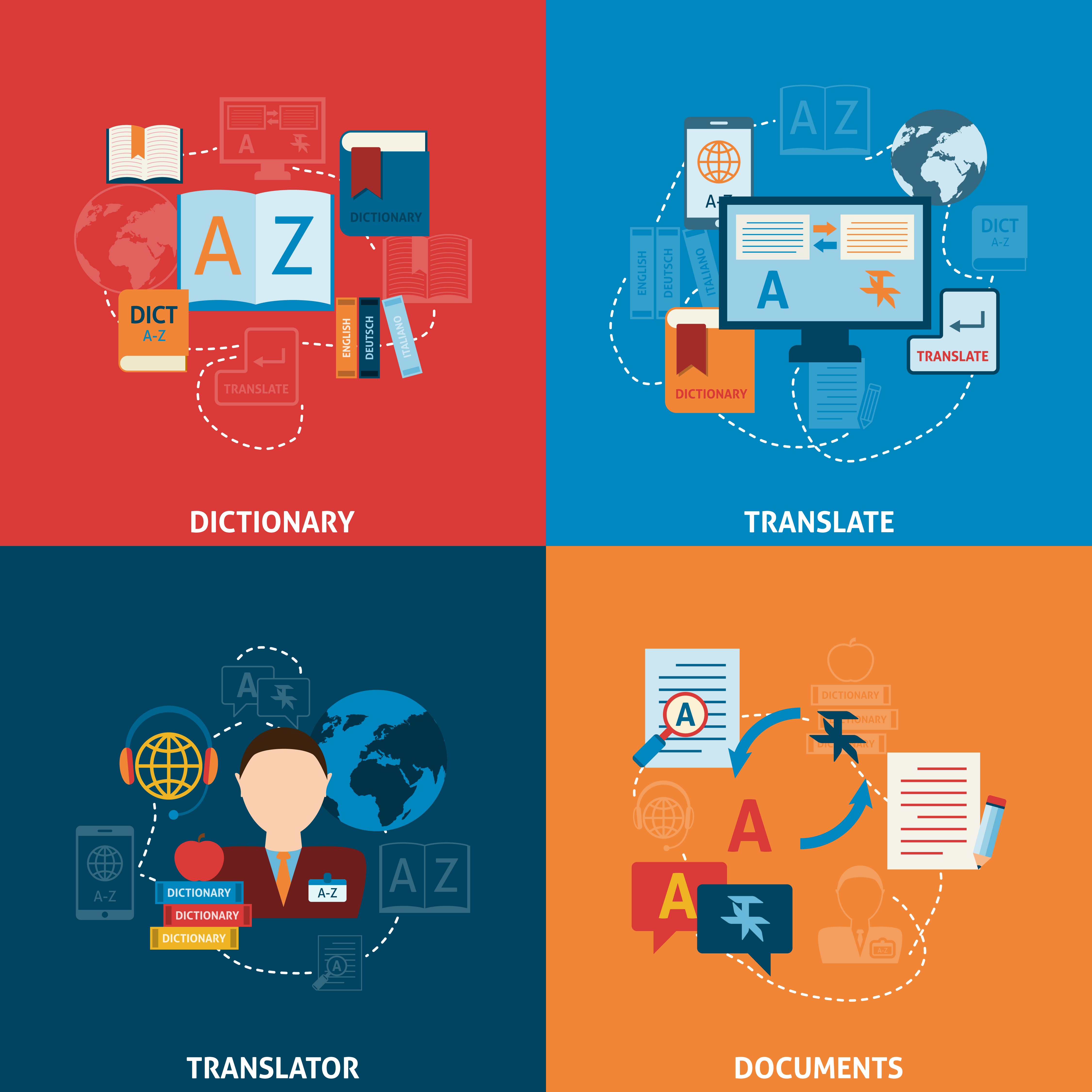The translation industry is evolving rapidly, and one concept gaining traction is agentic translation. This approach introduces agents—self-directed tools that augment human capabilities in translation workflows. But what does this really mean, and why is it important?
What Are Agents in Translation?
Agents differ from traditional AI assistants. While an assistant, like ChatGPT, responds to prompts, an agent is proactive. It has its own goals and purposes, acting independently to provide valuable insights.
According to Gabriel Fairman,
“Agents are embedded in workflows to give humans insights that go far deeper than they could generate on their own.”
This allows translators to see dimensions of content that might otherwise remain hidden.
How Agents Support Translators
Agents play a pivotal role in improving translation workflows. Some examples include:
- Compliance Agents: Highlighting potential legal or regulatory issues.
- SEO Agents: Offering recommendations to boost search engine performance.
- Cultural Advisors: Suggesting ways to make translations resonate culturally.
By providing this information, agents empower translators to make informed decisions. As Gabriel Fairman noted,
“Imagine if I could look at text through the eyes of multiple experts—it’s transformative.”
Decision-Making in Translation
Translation today isn’t just about accuracy—it’s about outcomes. Translators are no longer just converting text; they are becoming brokers of decisions.
- Should the tone be witty or formal?
- Should the text adapt to cultural nuances or stay close to the source?
- Is the translation achieving its intended goals, such as boosting engagement or driving conversions?
These decisions require insights that agents are uniquely equipped to provide.

The Bigger Picture: Optimizing for Outcomes
Agents help ensure that translations aren’t just linguistically correct but also effective in their context. For example, if an English blog post generates great analytics, its translated version should perform equally well. If it doesn’t, something might be off—perhaps the tone, cultural relevance, or technical depth.
Gabriel Fairman emphasized,
“Translation is about facilitating outcomes. It’s not just about the words but what those words achieve for the audience.”
The Future of Translation
As agents become more sophisticated, they will enable translators to:
- Handle complex decisions efficiently.
- Scale their work across massive amounts of content.
- Leverage insights for improved consistency and quality.
Ultimately, the goal is to create a seamless workflow where agents enhance human creativity and decision-making.
“It’s about designing outcomes and leveraging decisions at scale,” Gabriel Fairman explained.
Unlock the power of glocalization with our Translation Management System.
Unlock the power of
with our Translation Management System.































